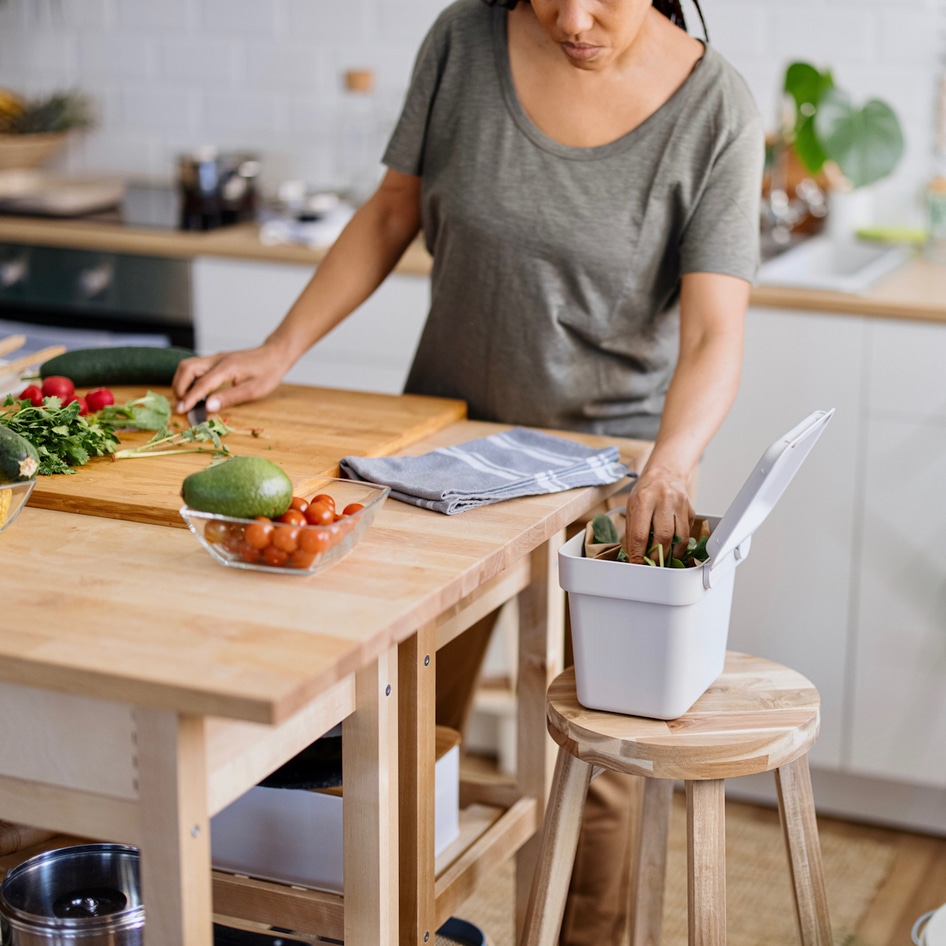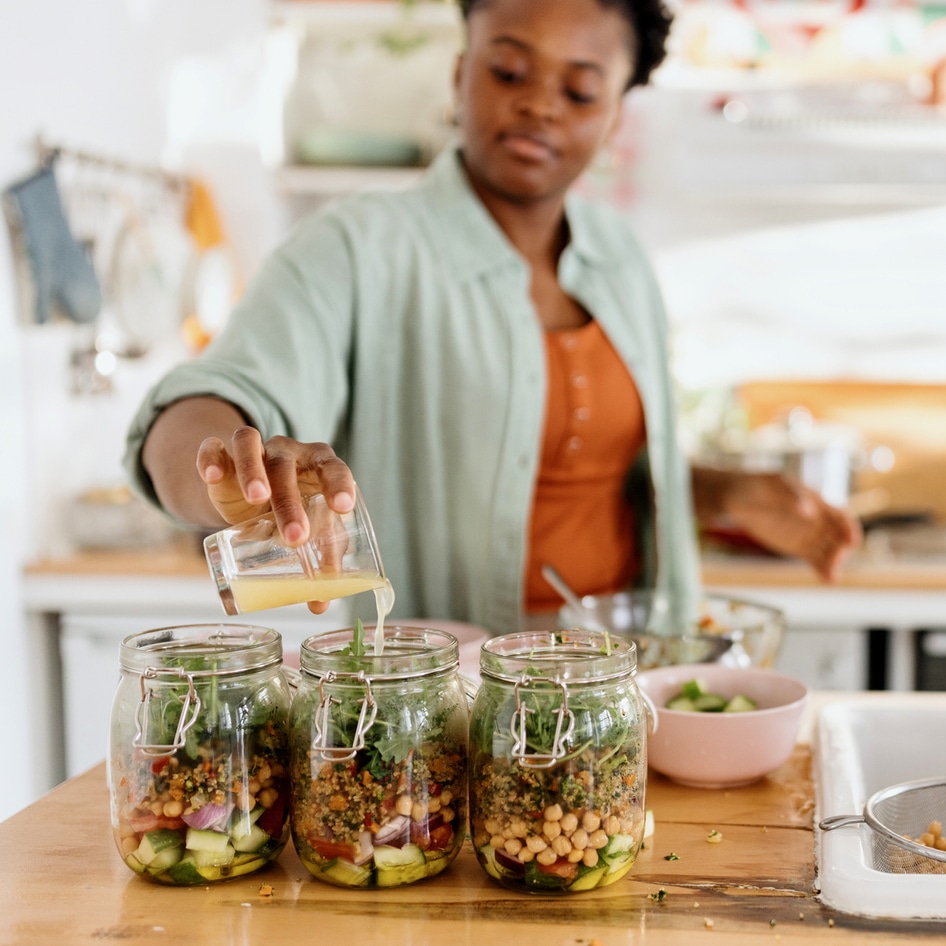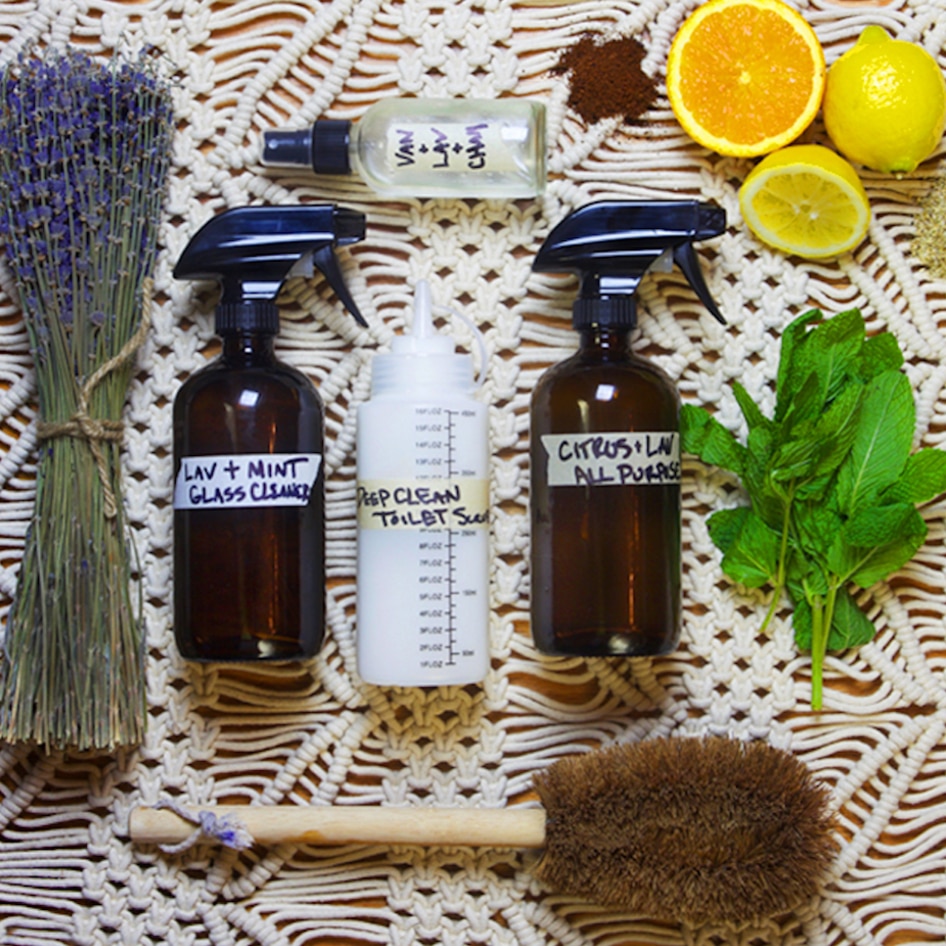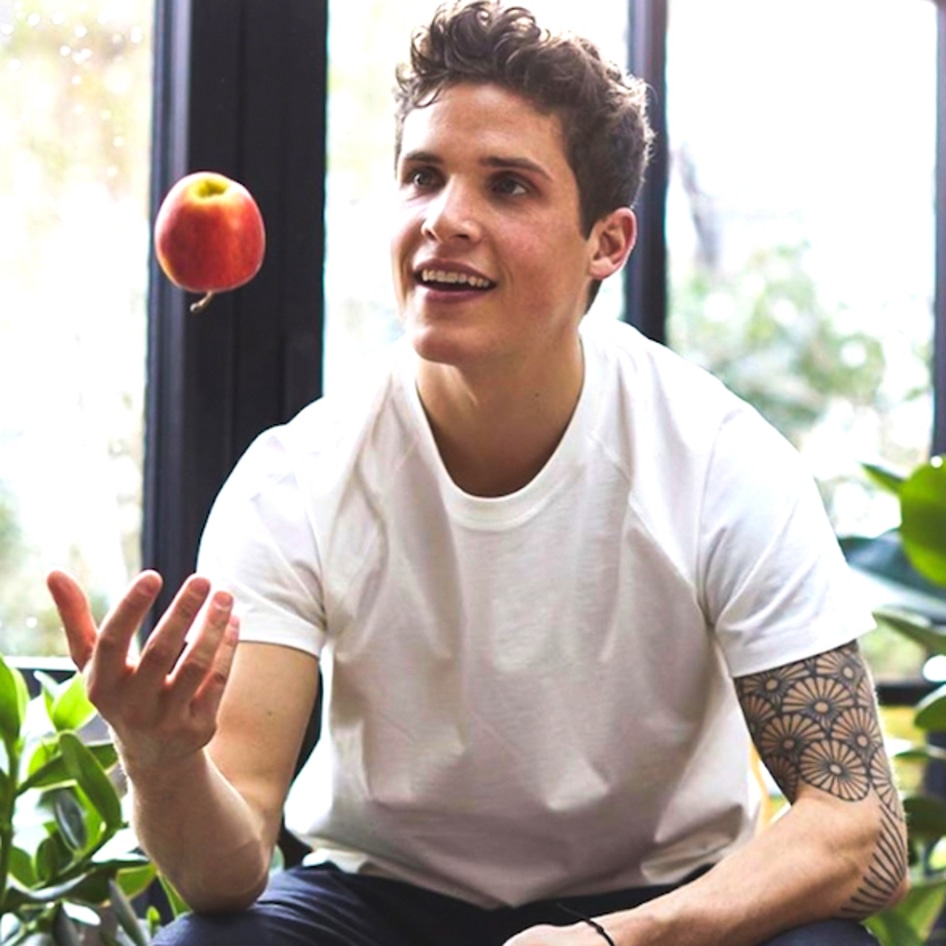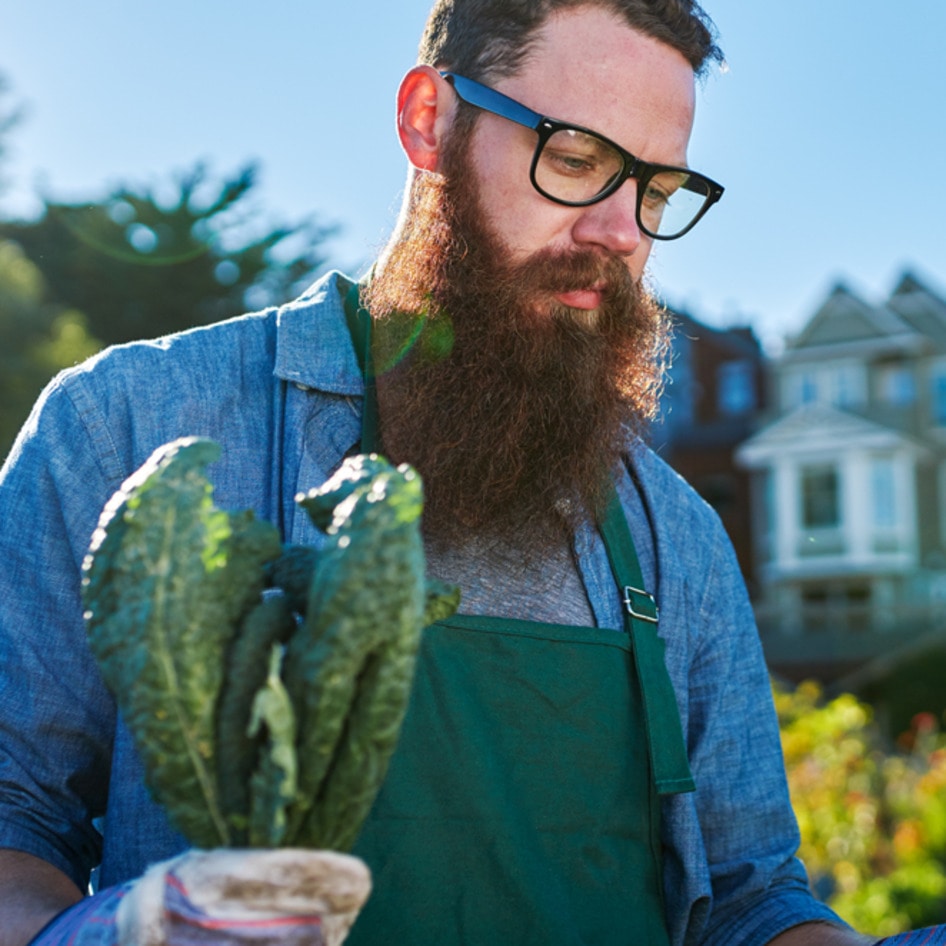8 Ways To Make Your Holiday Gathering Eco-Friendly
This holiday season, give the planet a gift of environmentally conscious décor.
December 20, 2016
The holidays are full of festive traditions, but not all of our favorite pastimes adhere to environmentally friendly practices. Fortunately, there are ways to continue celebrating our beloved holiday festivities while also being a little kinder to our planet. With this in mind, here are our 10 favorite tips on how to alter holiday traditions in a way that the planet will love.
1. Reuse second-hand items
When looking for inspiration, why not visit a local thrift store to see what you can find, reuse, or upcycle? Mason jars, cups, bowls, containers, candles, yarn, and art supplies are all eco-friendly options, especially when you’re giving them a second life. Choosing a gift that is second-hand also means you’re not contributing to the extraction of new resources from the earth, meaning your gift automatically has a lower carbon footprint.
2. Wrap your gifts in DIY wrapping paper
Unlike glittery holographic wrapping paper, using old maps, comics, or kraft paper is a much better alternative that can go straight into the recycling bin. Another option is to make your holiday wrapping obsolete by using a reusable bag or scarf and giving that as part of your gift. Also, keep an eye out for baskets and hat boxes from thrift stores, as they will make your gift one of a kind!
3. Use natural decorations
Decorate your home and dining table with pine cones, fir branches, natural wreaths, gourds, winter squash, wooden sculptures, and pottery pieces. By doing this, the majority of your waste can go into your compost pile or be used for next year.
4. Make sure guests know where the compost pile is
Even for those of us whose waste is strictly plant matter, certain compost-friendly items might still come to us as a surprise. Coffee filters, non-synthetic tea bags, spoiled nut milk, napkins, paper towels, used tissues, tofu, tempeh, chopped up wine corks, bamboo skewers, paper muffin cups, and cut up loofahs are all items that will break down in a compost pile. Surprisingly, however, walnut shells should be composted in moderation as they release a chemical called juglone that can be toxic to some garden vegetables and plants.
5. Use LED holiday lights
LED lights use less energy than traditional holiday lights and also have a much longer lifespan. Putting your lights on a timer is also a great way to control when you want them lit, and helps you from forgetting to turn them off.
6. Don’t use disposable dishes, silverware, and napkins
However convenient single-use items are for you, they are not convenient for the environment, especially when they will spend their remaining days taking up space in a landfill. Instead, opt for reusable plates and silverware when setting the table. Cloth napkins are not only easy to throw in the wash but will give your dinner table a more polished look. Reusable water bottles, thermoses, metal straws, glass tupperware, and bamboo utensils also make very useful gifts and will encourage family and friends to reduce their waste of single-use food items.
7. Send digital cards, buy cards made from recycled paper, or make your own
Sending digital cards creates zero waste and is so simple now thanks to the array of personalized templates from which to choose. That said, folding a piece of cardstock paper in half and decorating your card with recycled photos from old magazines, ribbons, and a personalized message is a classic method for letting someone know you care.
8. If you celebrate with a tree, consider getting one that is potted
If you care for your tree as the holidays go by, you will be able to plant it in the ground once you take down your decorations. But if you already have an artificial tree in your storage, then use that as long as you can. And if you already bought a pesticide-free local tree this year, don’t let it go in the landfill! Many organizations will take your trees after the holiday season and turn them into mulch. Trees can also be turned into wood chips, and thrown in the compost.
Sierra Sander-Hewitt is an anthropology graduate with a passion for natural building, outdoor adventures, and delicious vegan cuisine.
JUMP TO ... Latest News | Recipes | Guides | Health | Shop

